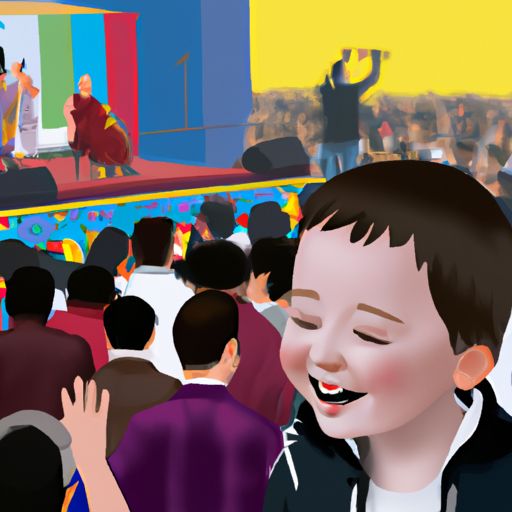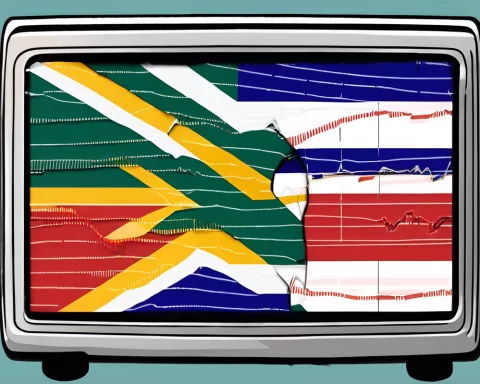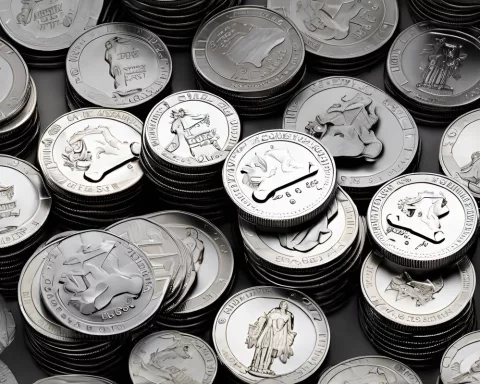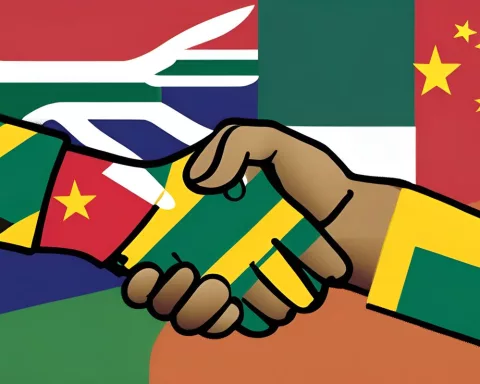The Dalai Lama is one of the most recognized spiritual leaders in the world, renowned for his teachings on compassion, non-violence, and the importance of inner peace. He was born in Tibet in 1935 and was identified as the 14th reincarnation of the Dalai Lama by the age of two. At 15, he assumed political power in Tibet but was forced into exile in India in 1959 after a failed uprising against Chinese rule. Since then, he has been a vocal advocate for the rights of Tibetans and has worked tirelessly to promote peace and understanding around the world.
The Dalai Lama’s Teachings and Contributions
Throughout his life, the Dalai Lama has emphasized the importance of love, compassion, and understanding in promoting peace and alleviating suffering. He has authored over 110 books, many exploring Buddhist philosophy and offering guidance on personal growth and spiritual development. He frequently speaks at conferences and events, inspiring people with his message of compassion and wisdom.
Beyond his teachings, the Dalai Lama has also contributed to numerous humanitarian efforts. He has established schools, hospitals, and other institutions to promote education and health care in Tibet and worldwide. In addition, he has been a vocal advocate for the environment, calling attention to the impact of human activity on the planet and promoting sustainable practices.
Controversies and Criticisms
Despite his many contributions, the Dalai Lama has also faced controversy and criticism throughout his life. Some have accused him of continuing to maintain a feudal system in Tibet that oppressed the lower classes. Others have criticized his political stance, arguing that his advocacy for Tibet’s independence has been unrealistic and has only served to inflame tensions with China.
Most recently, the Dalai Lama has faced criticism for his behavior towards a young boy on stage in South Africa. While the tradition of sticking out one’s tongue is a form of respect in Tibet, his comment to “suck my tongue” has been seen as inappropriate and has caused outrage. Despite his explanation of the tradition, the “suck my tongue” comment has caused controversy in South Africa and around the world, adding to the controversy surrounding the spiritual leader’s reputation.
The legacy of the Dalai Lama is complex, encompassing both his contributions to promoting peace and understanding around the world, as well as the controversies and criticisms that have arisen throughout his life. While his behavior towards the young boy on stage in South Africa was seen as inappropriate, it is essential to consider his overall contributions and teachings in assessing his impact on the world. As we grapple with the challenges facing our world, the Dalai Lama’s message of compassion, love, and understanding remains as relevant and urgent as ever.












